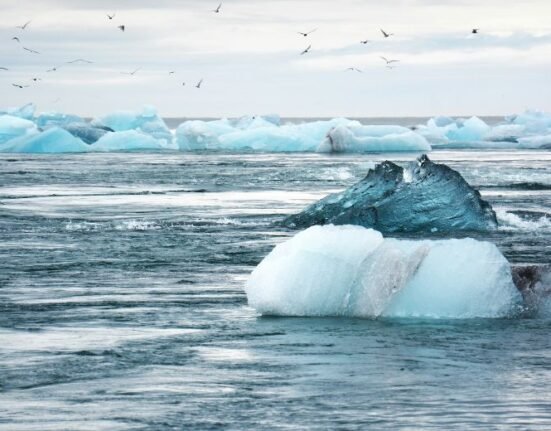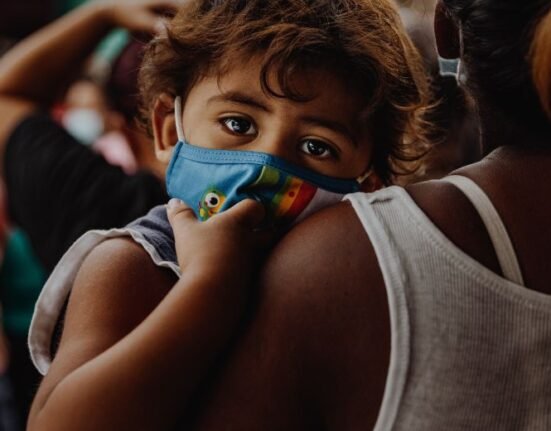HQ Team
November 11, 2024:
A recent study led by the University of Bristol has revealed alarming insights into the vulnerability of Small Island Developing States (SIDS) to climate change. These island nations despite being minimal contributors to greenhouse gas pollutants are paying the heaviest price for the resultant global warming and rising sea waters.
The research indicates that nearly 20% of the population in these nations—approximately 8.5 million people—are currently exposed to coastal and inland flooding. In some countries like the Bahamas, Guyana, and Tuvalu, this figure escalates to over 60%.
The disproportionate impact of climate change
Despite contributing minimally to global greenhouse gas emissions, SIDS are disproportionately affected by climate change. The study emphasizes that flooding is not just a coastal issue; inland flooding poses a significant threat, accounting for 81% of overall flood exposure in these regions.
Lead author Leanne Archer, Research Associate at the University’s Cabot Institute for the Environment, said: “Flooding is now an alarming real-world threat for so many people globally. This study demonstrates that the often-overlooked Small Island Developing States are already subject to a disproportionate level of flood exposure, despite contributing the least to climate change.”
Global warming is melting glaciers and expanding seawater, raising sea levels globally. This heightens coastal flood risks for many regions and intensifies storm surges during extreme weather events.
Small Island Developing States (SIDS)
SIDS are a group of 57 countries designated by the United Nations as having sustainability and developmental concerns. These countries have populations ranging from 1000 to 7,000,000 people.
Archer said, “Previous studies have only focused on coastal flooding, representing a significant underestimation of exposure. This is also the very first time a comprehensive picture of flood risk has been mapped across all 57 Small Island Developing States because the populations are so small, that they haven’t met the minimum catchment size of previous major global studies. “The modelling provides striking evidence demonstrating that climate change has an unjust and inequitable impact on the places and people, who have contributed least to the greenhouse gas emissions, fuelling the problem.”
Future risks
The findings project that even under the least severe global warming scenarios, the number of people affected by rising sea levels and extreme weather events will significantly increase. For instance, if global temperatures rise by 1.5°C, over 21% of SIDS populations could be exposed to flooding, with this figure potentially rising to 23% under a 4°C increase. In stark contrast, developed nations like the US and UK face lower exposure rates of 13% and 8%, respectively.
The study serves as a critical call to action for international leaders and policymakers. Archer urges that “global commitments to significantly reduce carbon emissions must be backed up by action” to mitigate the impacts on SIDS, which are already experiencing severe consequences from climate change.
Economic Implications
Economically, SIDS have already suffered substantial losses due to climate-related disasters. From 1970 to 2020, these nations incurred losses exceeding USD $153 billion, a staggering amount given their average GDP of only USD $13.7 billion. The economic toll is expected to worsen as flooding damages increase dramatically—without adaptation measures, damages could amplify by more than 14 times under high-emission scenarios.
The research underscores the urgent need for enhanced support and adaptation strategies for SIDS as they face unprecedented challenges from climate change. With rising sea levels and increased flooding risks threatening their very existence, it is imperative that the global community prioritizes action to assist these vulnerable nations.
The research appeared in the Environment Research Letters Journal.








